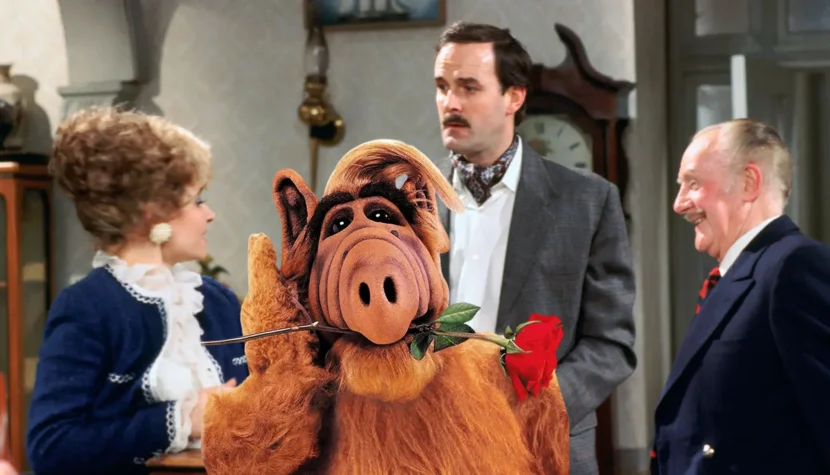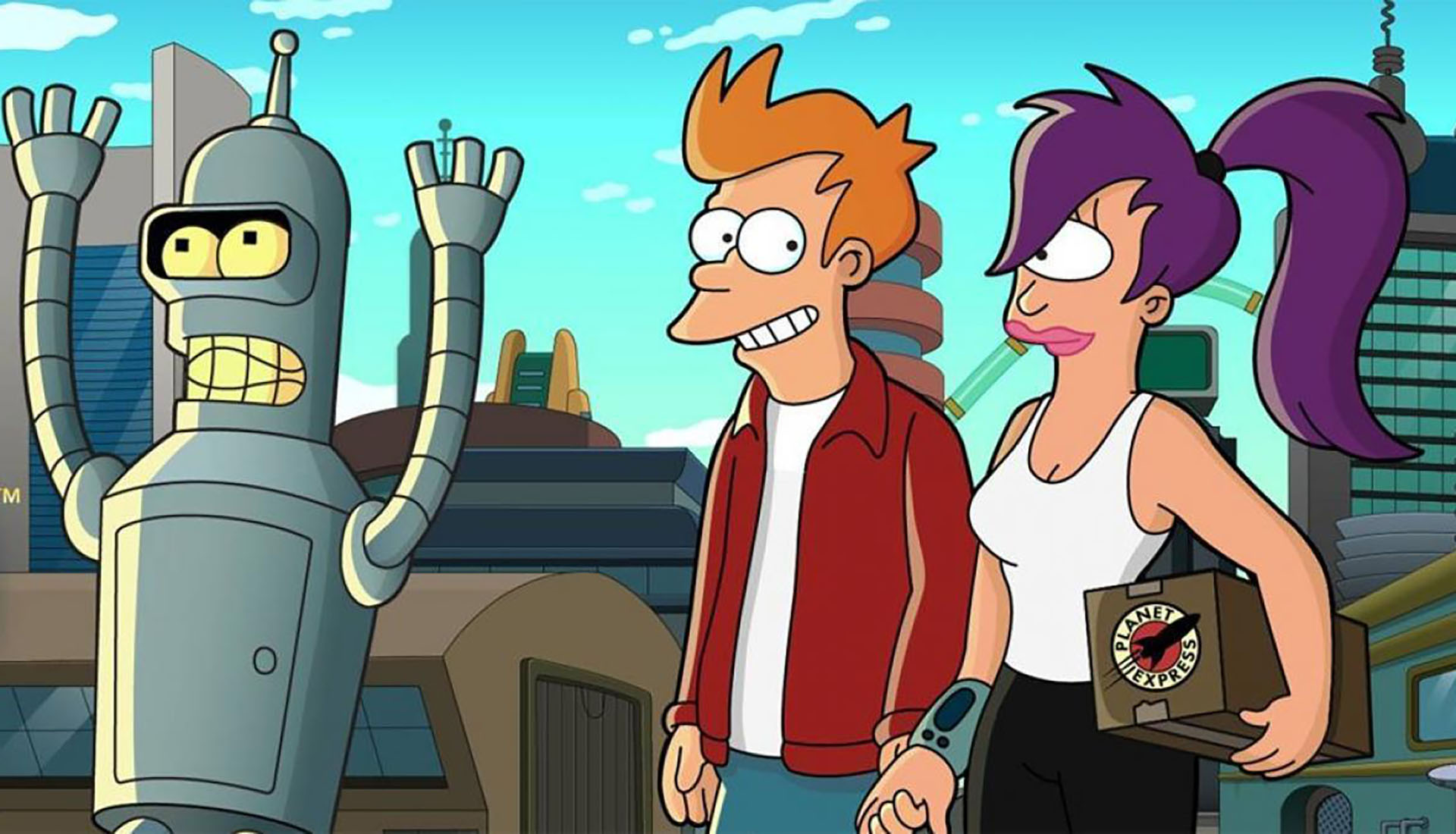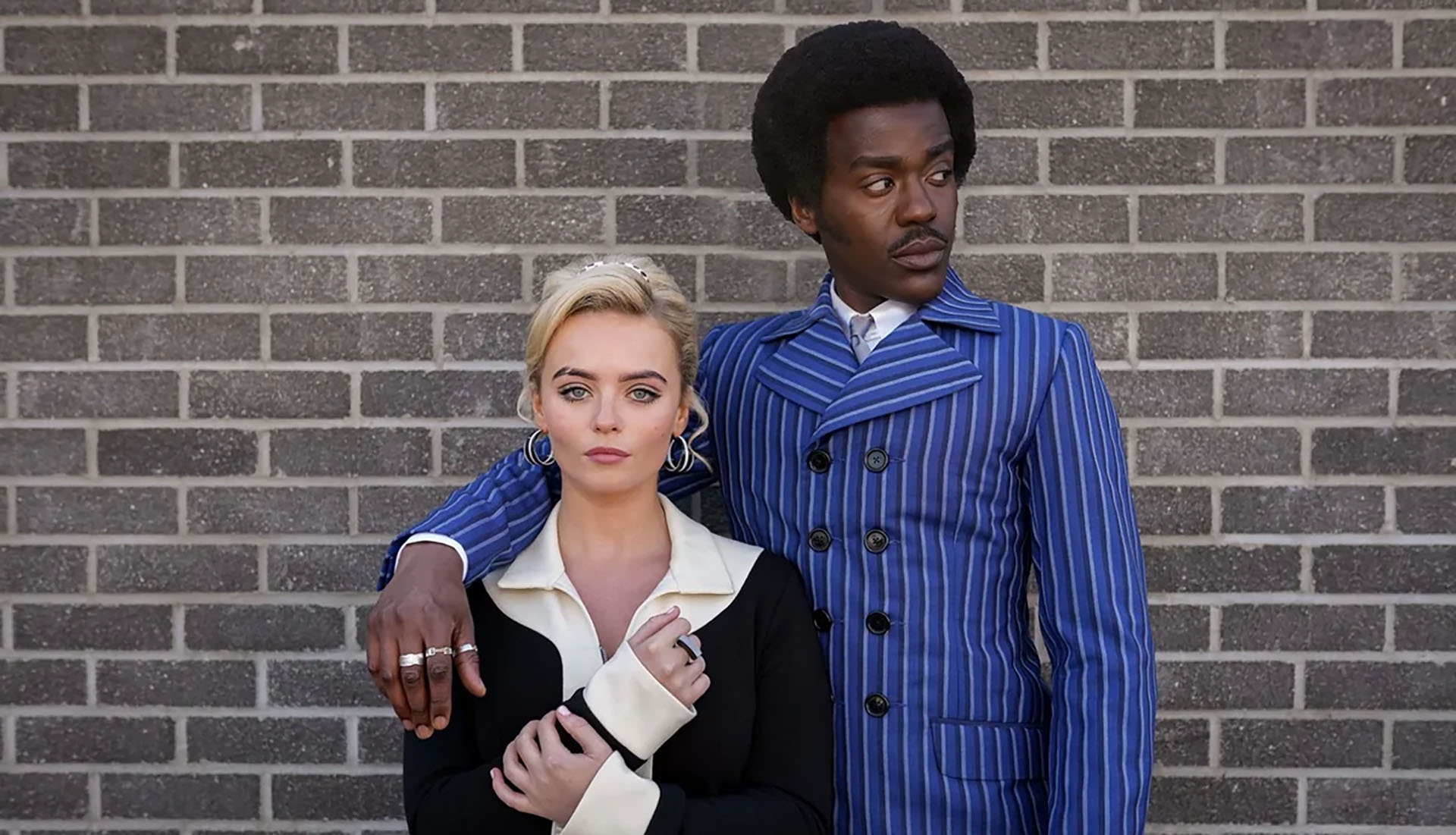TV Shows That Don’t Age

In many cases, sentiment plays the main role because many of us had the chance to watch these shows at just the right moment in our lives. I’m primarily referring to childhood and early youth. The emotions formed during this period often stay with us until the end of our lives. However, there are also more objective factors that allow the following titles to endure for decades and entertain new generations of viewers. Above all, they were unique in their time, and no high-quality versions of them have been produced in today’s era. In some cases, new seasons are still being made while maintaining the same quality. Undoubtedly, when they eventually stop, millions of viewers will still remember the characters they grew attached to.
“M*A*S*H” (1972–1983)

The series was truly funny, and no one in it cared much about political correctness. Virtually everyone was criticized, which is probably the best approach if you want to maintain a sense of reason. War was also criticized, but not through pathos—it was mocked, which is still a rare approach in cinema today. I’m not waiting for a remake, as it could end tragically for the legacy of the original series.
“Futurama” (1999–)

The show hasn’t aged, partly because it’s animated in a very specific, slightly abstract style that borrows the visual feel of The Simpsons, effectively leveraging sentiment for a much more famous pattern. It was a smart move. Furthermore, Futurama remains relevant. It combines nostalgia with a modern response to cultural and technological changes, ensuring its popularity for many years to come.
“Doctor Who” (1963–)

The power of tradition is immense. Doctor Who is a record-holder and a museum piece of television history. Entire eras of science fiction, broader cultural trends, and societal changes are reflected in it. They continue to be reflected, as I’ve written in my reviews of the latest seasons. To all fans of the series, I recommend going back at least 30 years to see what the world of TV sci-fi looked like then.
“The Big Bang Theory” (2007–2019)

At one point, I dedicated thousands of words to this series because it’s one of the best sitcoms in the history of the genre. It will remain relevant for a long time, thanks to its open portrayal of characters and their issues. Many young people will still relate to these characters even 20 years from now. The reality depicted in the show won’t change so quickly, due to the nature of youth in the 21st century and the long period during which the series was produced.
“ALF” (1986–1990)

How much this series would have lost if ALF had been a puppet—or worse, created in CGI! The alien’s personality relied entirely on the talent of two actors: Mihaly Meszaros in the costume and Paul Fusco as the voice. The timing of the series’ debut was also crucial. It was the late 1980s, a period when science fiction was growing in popularity, as were stories about aliens. At the same time, the genre of sci-fi comedy was beginning to wane. ALF extended its life in a rare television form that moved me as a child, entertained me immensely, and continues to do so today.
“Danger Bay” (1984–1990)

Sunday mornings were when this series aired. It carried a strong ecological message, but its “green” themes were presented positively, wisely, and without resorting to extreme measures like gluing oneself to public roads. Perhaps back then, such drastic actions weren’t yet necessary. Nevertheless, the show, with its mix of action, comedy, and drama, contributed to my ecological and environmental awareness.
“Fawlty Towers” (1975–1979)

John Cleese is one of those artists you either love or hate. These days, though, it’s surprising how many people criticize him for his humor. Both the left and the right have recently become less tolerant of criticism. Perhaps the left learned this from the exceptionally sensitive right, but Cleese always believed we should laugh at everything. Fawlty Towers attempts to mock everyone, making it a classic for fans of unconventional humor.
“Alternatywy 4” (1983–1986)

I was surprised, although I should have expected it at some point in the 21st century, that Alternatywy 4 is becoming incomprehensible to younger generations. They don’t know those times, and Bareja’s metaphors and symbolism don’t resonate with them. However, the series hasn’t aged entirely, as it still has legions of fans who managed to pass their love for the production onto their children. Unfortunately, those children struggle to convey its meaning convincingly to the next generation. This is a natural process. Despite this, Alternatywy 4 remains one of the top Polish productions in terms of long-lasting fame.
“The Career of Nikodem Dyzma” (1980)

How relevant this series is today when we look back about eight years at Poland’s ruling establishment! You could earn millions by doing almost nothing, as long as you had connections and a purchased diploma from a respected Polish university. Our world is full of such Nikodems, but sadly, the film lacks actors of Roman Wilhelmi’s caliber.
“The Doll” (1977)

This doesn’t speak well of our film industry’s ability to produce costume dramas, but the fact is that the 1977 adaptation of The Doll remains one of the best domestic productions in this genre. Its excellent set design, well-acted characters, artistic adaptation of Prus’ novel, and portrayal of a slice of Polish history that we can now analyze in light of what’s happening in Europe are the production’s greatest strengths. It will remain timeless, even if a new adaptation of The Doll is created.

